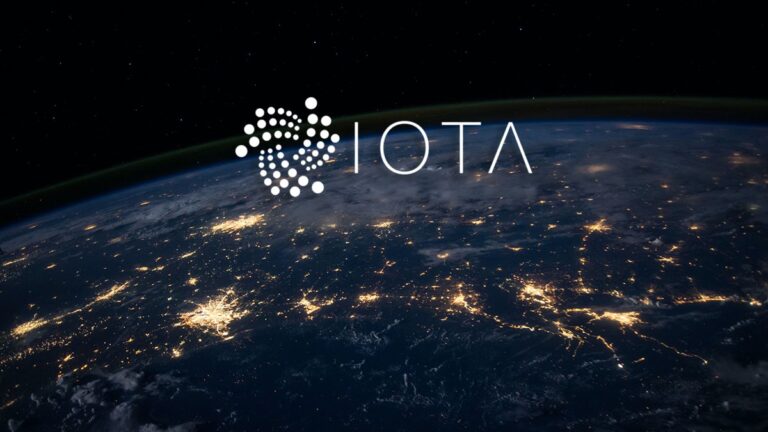Ripple’s Giant Leap: From Crypto Innovation to Wall Street IPO

- Ripple, a blockchain and crypto innovator, is going public in a significant industry move.
- This IPO marks the integration of decentralized blockchain tech with traditional Wall Street.
Ripple, a prominent name in the world of blockchain and cryptocurrencies, has recently announced its intention to enter the realm of Initial Public Offerings (IPOs). In simple terms, an IPO is when a company offers its stocks to the public for the first time. It’s a big deal, indicating that Ripple is transitioning from a privately owned company to one that’s publicly traded. What makes this especially fascinating is that Ripple is now connecting the world of decentralized cryptocurrencies with the well-established domain of Wall Street.
For those not well-versed in Ripple’s operations, the company provides a platform that facilitates real-time, cross-border payments for banks and other financial institutions. They use a digital currency called XRP, which acts as a bridge, ensuring that international transactions happen smoothly. Ripple’s technology is built on blockchain principles and has gained recognition for its potential to make global money transfers faster, more transparent, and cost-effective.
Revolutionizing Global Transactions
Ripple’s decision to go public is a big deal not just for them but for the entire blockchain world. It shows that blockchain companies are maturing and gaining acceptance in mainstream finance. Plus, it’s setting an example for other blockchain-focused firms that might be thinking about following suit.
The implications of this move are profound. If Ripple’s IPO succeeds, it could inspire more blockchain companies to consider going public. This would mean that the crypto world is becoming even more intertwined with traditional financial markets.
Ripple’s leap into public trading isn’t just a milestone; it’s a sign of how blockchain technology is evolving. As this evolution continues, the line between traditional finance and decentralized systems may blur, leading us into a new era of financial inclusivity and innovation.










